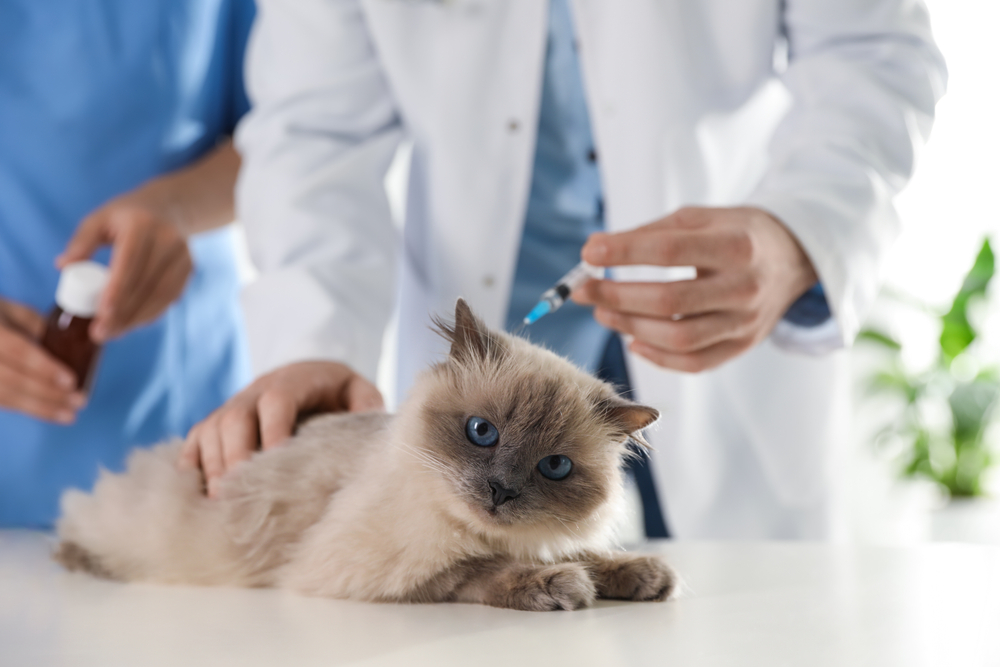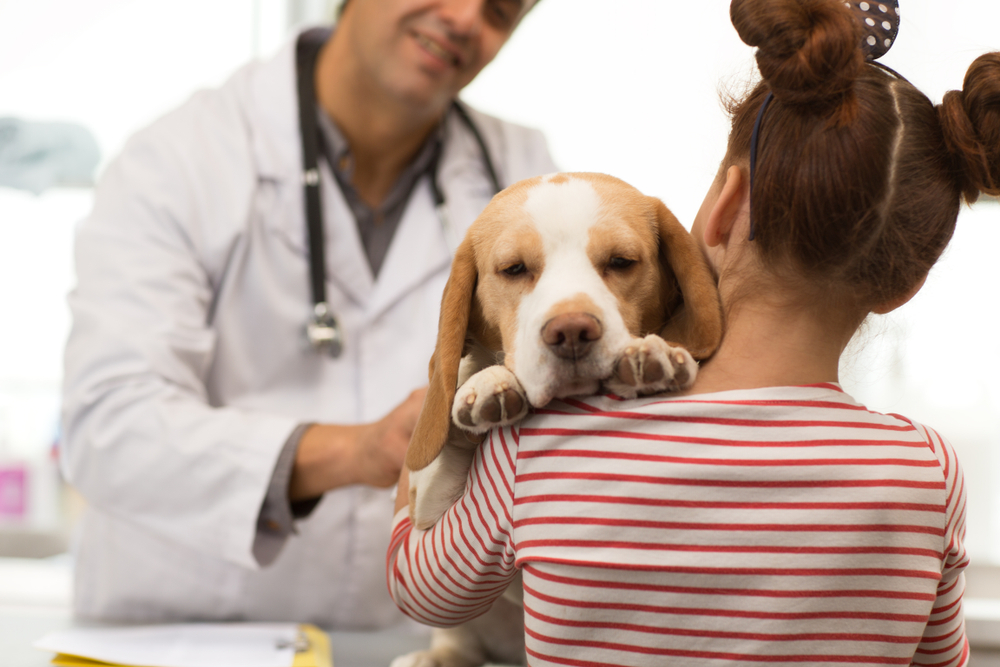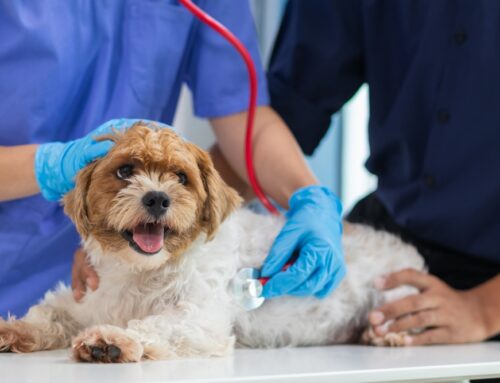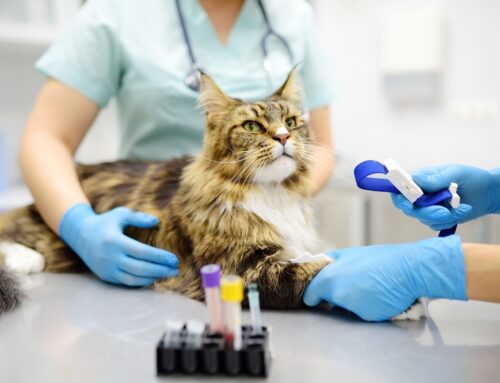Protecting Your Pet’s Health: Preventing Common Diseases in Austin, Texas
As a pet owner in Austin, Texas, keeping your pet healthy requires preventive care that goes beyond routine vet visits. At Oliver Animal Hospital, we focus on early detection, vaccinations, proper nutrition, and regular check-ups to help prevent serious and costly diseases.
This guide will explore preventable illnesses like heartworm, obesity, diabetes, arthritis, and dental disease, providing actionable steps to keep your pet healthy and happy.
Why Preventive Care Matters for Pets
Preventive care is key to a long and healthy life for your pet. Just as regular medical check-ups help humans stay healthy, they are essential for pets, too.
The Benefits of Preventive Veterinary Care
- Early detection of diseases such as kidney disease, diabetes, and arthritis, which allows for better management and treatment.
- Improved quality of life by preventing painful conditions like obesity-related joint issues and dental disease.
- Cost savings in the long run by addressing minor issues before they become major health concerns.
Annual wellness exams, vaccinations, and screenings are essential for catching problems early. The American Veterinary Medical Association (AVMA) highlights the importance of preventive vet visits in extending your pet’s lifespan.
Preventable Diseases in Pets
Austin’s warm climate increases the risk of certain illnesses, making preventative care even more crucial. Here are some of the most common preventable diseases:
1. Heartworm Disease
- Caused by mosquito bites, heartworms can grow in a pet’s heart and lungs, leading to heart failure and breathing difficulties.
- Prevention is easy and affordable, but treatment is costly and dangerous.
- Monthly heartworm preventatives protect your pet year-round.
2. Obesity and Related Health Problems
- Obesity in pets increases the risk of diabetes, arthritis, and heart disease.
- Maintaining a healthy weight through a balanced diet and regular exercise helps prevent:
- Diabetes – Overweight pets are at higher risk of insulin resistance.
- Arthritis – Extra weight strains joints, leading to painful inflammation.
- Heart disease – Excess weight increases cardiovascular stress.
3. Dental Disease
- More than 80% of pets show signs of dental disease by age 3.
- Untreated gum infections can lead to tooth loss, organ damage, and chronic pain.
- Routine dental cleanings and at-home brushing are essential.
4. Tick-Borne Diseases (Lyme, Ehrlichiosis, Anaplasmosis)
- Austin’s outdoor lifestyle exposes pets to ticks carrying dangerous bacteria.
- Regular flea and tick preventatives keep your pet safe.
- Annual screenings can detect early signs of infection.
Preventative measures, including vaccinations, parasite control, and routine screenings, help pets avoid serious, often life-threatening diseases. Stay updated with disease prevalence and prevention in Austin by consulting our Oliver Animal Hospital Services page.
Core Vaccinations: Protecting Your Pet from Deadly Diseases
Vaccines protect against highly contagious and often fatal illnesses. The 2022 AAHA Canine Vaccination Guidelines recommend core vaccinations to shield pets from the most dangerous diseases.
Essential Vaccines for Dogs:
- Rabies – Required by law and prevents a fatal viral disease that affects both pets and humans.
- Distemper – Protects against respiratory, neurological, and gastrointestinal disease.
- Parvovirus – A severe, contagious illness causing vomiting, diarrhea, and dehydration.
- Leptospirosis – Common in wet environments, leading to liver and kidney failure.
Essential Vaccines for Cats:
- Rabies – Required and life-saving for all cats.
- Feline Leukemia (FeLV) – Protects outdoor cats from a deadly immune-suppressing virus.
- FVRCP (Feline Distemper Combo) – Covers rhinotracheitis, calicivirus, and panleukopenia.
Your pet’s vaccination needs vary based on age, lifestyle, and environment. Work with your vet to create a personalized vaccine schedule at Oliver Animal Hospital.

Beyond Vaccinations: A Complete Wellness Plan
Preventive healthcare is more than just vaccinations—it includes regular screenings, proper nutrition, and lifestyle adjustments.
1. Annual Health Screenings
- Routine bloodwork and urinalysis help detect diabetes, kidney disease, and thyroid issues early.
- X-rays and mobility assessments can catch arthritis before symptoms appear.
- Fecal exams check for intestinal parasites that affect digestion and overall health.
2. Nutrition and Weight Management
- A balanced diet prevents obesity, diabetes, and arthritis.
- Adjust your pet’s food intake based on age, breed, and activity level.
- Regular weigh-ins can catch weight gain early and help with preventive care strategies.
3. Behavioral and Exercise Needs
- Daily exercise reduces stress, obesity, and joint problems.
- Mental stimulation through toys, training, and socialization helps prevent behavioral issues.
Our team at Oliver Animal Hospital offers personalized guidance to ensure your pet’s diet, exercise, and healthcare needs are met.
Emergency Preparedness: Be Ready for the Unexpected
Emergencies happen—even with the best preventive care. Knowing how to respond could save your pet’s life.
Recognizing Pet Emergencies
- Severe breathing difficulty or persistent coughing
- Repeated vomiting or diarrhea lasting more than 24 hours
- Sudden collapse, weakness, or severe lethargy
- Unexplained swelling, wounds, or trauma
If your pet needs urgent medical care, visit our Emergency Services page for immediate assistance.
Financial Planning for Veterinary Care
- Pet insurance can reduce the financial burden of unexpected illnesses or injuries.
- Flexible payment plans make preventive and emergency care more accessible.
- Explore your options at Payment Options.
Take the First Step in Preventive Care
Being proactive about your pet’s health today means fewer medical issues tomorrow.
How to Get Started:
- Schedule an annual wellness exam at Oliver Animal Hospital.
- Ensure your pet is up to date on vaccinations.
- Maintain a healthy weight and active lifestyle.
- Use parasite prevention year-round.
- Monitor your pet’s behavior and health changes closely.
By taking small steps now, you’re ensuring a longer, happier life for your pet. Let’s work together to keep your pet healthy and thriving in Austin!







Leave A Comment